Build Employee Confidence with Critical Illness Insurance
Give your employees valuable financial protection for unexpected medical costs.
When employees experience a critical illness, they often face out-of-pocket expenses that go beyond their health insurance coverage. Critical illness insurance provides support during these challenging times, allowing them to focus on recovery and returning to work sooner.
Protecting Your Employees from Financial Burden
You've already built a strong foundation for employee health with medical insurance and wellness programs. However, rising costs can make it challenging to offer all the benefits your team needs without impacting your budget.
When an employee faces a critical illness, they may have to take time off work to recover, and often face expenses that their health insurance doesn't cover. That's where critical illness insurance comes in.
Critical illness insurance acts as a supplementary benefit to your employees' major medical coverage, providing financial assistance for both direct and indirect expenses related to a critical illness. This can include costs such as:
Deductibles and co-pays.
Out-of-network treatment and additional procedures (like angioplasty or pacemaker implantation).
Travel, lodging, and meals during treatment.
Lifestyle changes for health improvement (e.g., gym memberships, smoking cessation).
Rehabilitation and home health services.
Child care.
This financial safety net provides a simple way to enhance your benefits package and give your employees peace of mind during a challenging time.
Colonial Life's critical illness insurance is thoughtfully designed to meet the needs of both employers and employees, creating a win-win situation for everyone.
For Employers and HR Professionals
Create a comprehensive benefits package that attracts and retains top talent without adding unnecessary costs to your budget.
Manage rising insurance costs through voluntary benefits and explore opportunities for cost savings.
Simplify the enrollment process for all benefits, including traditional medical plans, with the help of our nationwide network of licensed benefits counselors.
Reduce your administrative workload with our efficient enrollment solutions and 24/7 support.
For Your Employees and Their Families
Gain peace of mind knowing they can focus on recovery without financial worries.
Receive direct benefit payments (unless they specify otherwise) that they can use as they see fit, regardless of other existing insurance.
Choose coverage options tailored to their individual needs or to include eligible dependents.
Benefit from the flexibility of portable policies, enabling them to keep their coverage even when they switch jobs.
FAQS
What is the difference between term life insurance and whole life insurance?
Term life insurance provides coverage for a specified term, typically 10, 20, or 30 years. It offers a death benefit to your beneficiaries if you pass away during the term, but it doesn't accumulate cash value. Whole life insurance, on the other hand, provides lifelong coverage and includes a savings component that builds cash value over time. While term insurance is usually more affordable, whole life insurance can serve as both protection and a long-term investment.
How does cancer insurance differ from my existing health insurance?
Cancer insurance is designed to provide additional financial support specifically for cancer-related expenses that may not be fully covered by your health insurance. It can help with costs like treatment, medication, travel, and even lost wages due to illness. While health insurance covers a wide range of medical expenses, cancer insurance focuses on providing targeted financial assistance for the unique challenges posed by a cancer diagnosis.
How does health insurance work in a group plan?
Group health insurance is typically provided by employers to their employees. In a group plan, the employer negotiates with an insurance provider to offer coverage to all eligible employees. Employees usually share the cost of premiums with their employer. Group health plans often provide comprehensive coverage and lower premiums than individual plans. When you need medical care, you'll typically pay a portion of the costs (such as copayments or deductibles), and the insurance plan covers the rest. Group health insurance is a valuable employee benefit and helps individuals access essential healthcare services at a reduced cost.

